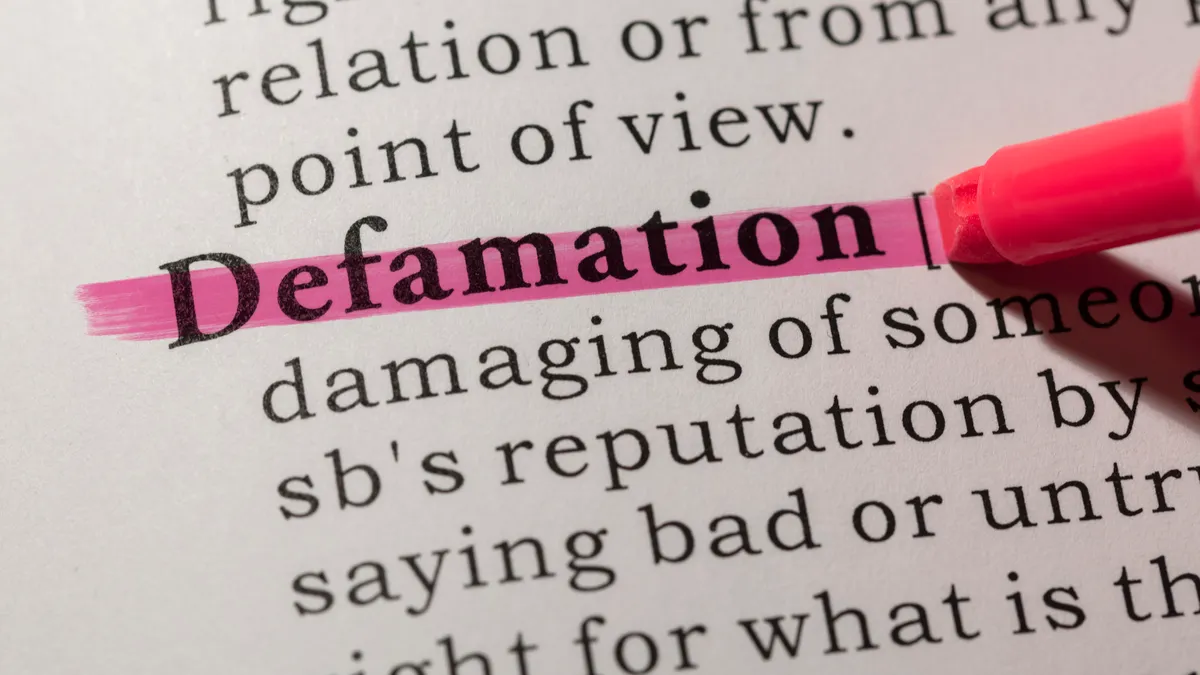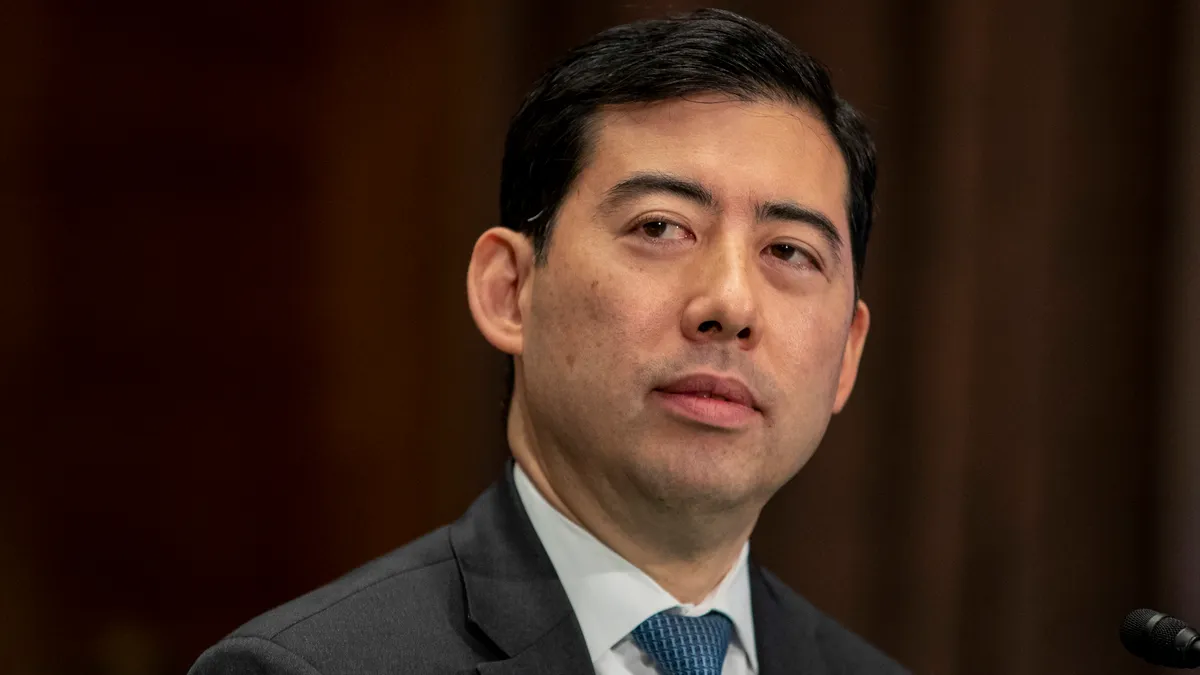Absolute litigation privilege isn’t absolute, a Delaware Chancery Court ruled in a case of importance to corporate contract law.
Arvinder Kakar took an officer and director role with Octo Platform Equity Holdings in 2020, after an affiliate of the company bought his company, Sevatec, in a share purchase transaction.
After the two sides parted ways over disagreements, Kakar sued. Octo filed its own complaint that Kakar violated his employment and non-competition agreements by disparaging the company in the lawsuit. Octo then moved to repurchase Kakar’s shares, citing disparagement as one of the contractual triggers for a repurchase. Kakar said the company couldn’t repurchase his shares without violating his absolute litigation privilege. But the court ruled for Octo.
The goal of absolute litigation privilege is to allow parties to make their case without worrying about violations of non-disparagement clauses, Judge Paul Wallace said in his August 29 Seva v. Octo ruling. Citing a defining case on the principle, he said it allows parties “‘to speak to their adversaries freely without fear of facing liability for what they say, and without the prospect of having their good faith legal claims prompt the initiation of more claims.’”
That protection extends to contractual non-disparagement claims, Wallace said. But in this case, Octo isn’t going after Kakar for his disparaging remarks but rather asserting the contractual right that the disparagement triggered.
“The absolute litigation privilege does not operate to nullify the repurchase of a member’s interests where allegedly defamatory statements trigger the repurchase right,” the judge said.
Octo’s LLC agreement defines a triggering event as a material breach of any restrictive confidentiality covenant, including non-disparagement clauses, in either the employment agreement or the non-competition agreement.
Octo claims Kakar breached the agreements when he filed his complaint against the company because of the defamatory statements in the lawsuit, and in response it moved to repurchase his shares and sent him the repurchase agreement for his signature. But rather than sign the agreement, Kakar, through his holding company, filed a new complaint against Octo, making the absolute privilege argument, among others.
Kakar wanted declaratory relief that the repurchase of his membership interests is void because in Delaware, as in other states, parties enjoy immunity on defamatory and other statements made in litigation, and if allowed to stand, the claim would chill his litigation against Octo.
In his discussion of the case, Wallace said that, in Delaware law generally, there are instances in which contracts can be overridden in the public interest, but the state is inclined to respect private agreements, especially when it comes to agreements on a company’s governance matters.
“Delaware law affords primacy to the freedom of contract, especially in the context of provisions governing the internal affairs of a Delaware limited liability company,” the judge said.
In this case, Octo’s exercise of its repurchase rights has no impact on Kakar’s complaint against the company.
“Mr. Kakar is free to continue litigating his claims … without fear of incurring tort or nondisparagement-based liability for the statements he makes in those actions,” the judge said.
In other words, the absolute privilege doesn’t extend to something like the triggering provision in a contract clause.
In his take-away from Judge Wallace’s discussion, Ian Ross of Sidley Austin says the decision demonstrates the limits of the absolute litigation privilege principle.
“Although the court acknowledged the general rule enforcing absolute litigation privilege and the strong interest inherent in allowing parties to freely pursue their claims in court,” says Ross, a partner at Sidley, “it found that those interests would not prevent sophisticated parties from agreeing to consequences that might create a collateral economic effect after those claims are pursued.”
In short, the finding doesn’t mean “parties’ freedom to pursue their claims are being restricted in a manner that implicates the absolute litigation privilege,” he says. Instead, “they are consistent with Delaware public policy enforcing parties’ freedom of contract when they are designing and negotiating the internal affairs of their businesses.”



















